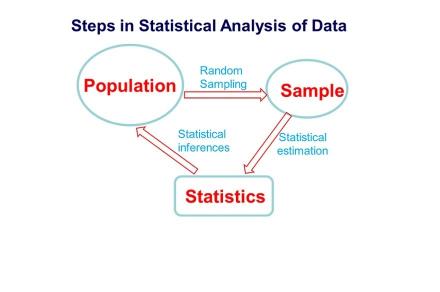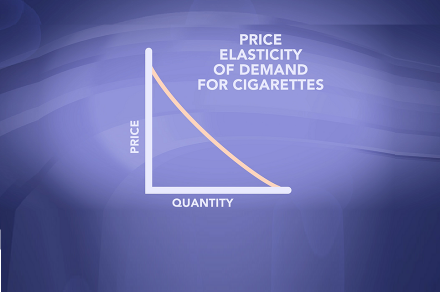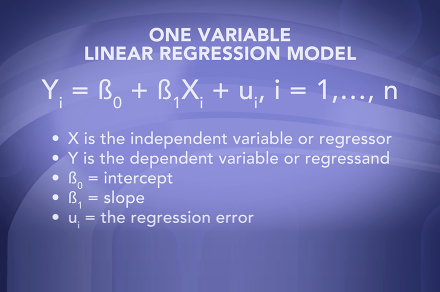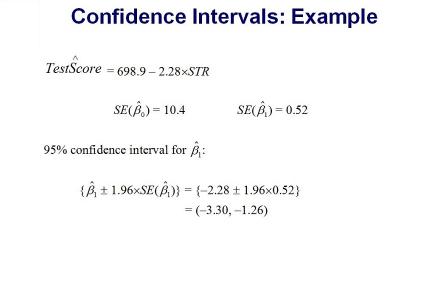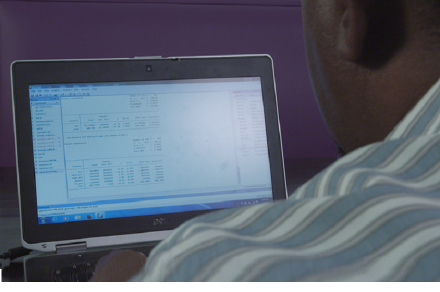The objective of this course is to provide a thorough introduction to the theory and application of contemporary econometric tools. It caters to students from different backgrounds, necessary if you are interested in applying econometric tools to data and problems in a variety of disciplines.
This course is the first of the two-course sequence in econometrics offered in the department for graduate degree students. The major focus of this course is to introduce you to the fundamentals of estimation and statistical inferences of a single equation linear regression model.
Emphasis will be placed on the following:
- Understanding theory through applications and problem solving rather than mathematical theorems and complex proofs
- Working as a learning community to improve statistical and econometric skills necessary in the study of economics
Course Objectives:
- Derive statistical parameters to estimate causal relationships
- Estimate statistical parameters of a regression analysis using the Stata software package
- Interpret results of regression analysis with different specifications
- Conduct hypothesis testing at confidence intervals, then interpret the results of the test
- Read, understand and evaluate empirical papers in professional journals written using single equation regression models
Throughout this course you will hone your understanding of linear and non-linear regression as well as other forms of economic regression with different variables.
This course is taught by Professor Mahmud Yesuf who has worked on projects with the World Bank and International Food Policy Research Institute in Africa. His research interests include poverty, the environment and development issues in low-income countries with a special focus on behavioral issues within households.
Click here for the official course description from the American University catalog.
Learn more today. Call us at 855-725-7614 to speak to an admissions representative, or request more information here.


